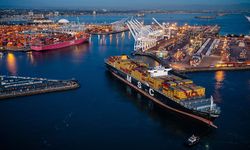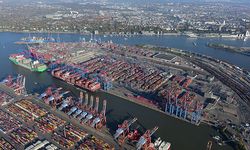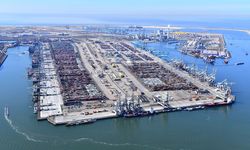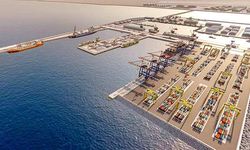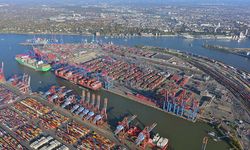The fire, which erupted on July 5 aboard the Italian-owned cargo ship Grande Costa d’Avorio, claimed the lives of two heroic Newark firefighters, Captains Augusto “Augie” Acabou and Wayne “Bear” Brooks Jr.
The vessel, loaded with over 1,200 automobiles, became the epicenter of the tragic incident that exposed critical gaps in the Newark Fire Department's maritime firefighting capabilities. A preliminary investigation by the Coast Guard and the National Institute for Occupational Safety and Health indicated that the Newark Fire Department “had little to no maritime firefighting training, experience or familiarization with cargo ships of any type,” according to a Coast Guard safety alert issued in November.
Commander Christian Barger, Chief of Inspections and Investigations for the Fifth Coast Guard District, announced that hearings, scheduled to run through January 18, will feature testimony from 13 witnesses, including ship crew members, dockside cargo handlers, and fellow firefighters. The aim is to meticulously analyze the circumstances leading to the fire and the subsequent deaths of the brave firefighters. Barger emphasized that the inquiry seeks not to assign blame but to issue safety recommendations beyond those outlined in a Coast Guard safety alert issued in November.
The families of the deceased firefighters, who suspect a malfunctioning vehicle caused the fire, plan to sue the Grimaldi Group, the Italian company owning the ship, and two stevedore companies involved in the loading process. Their attorney revealed in October that a Jeep Wrangler used to load cargo emitted smoke hours before the fire, indicating a potential malfunction.
The attorney also criticized the performance of firefighting teams aboard the ship, alleging failures in utilizing extinguishers and hoses. Furthermore, the incorrect use of a carbon-dioxide-based fire suppression system allowed the fire to persist, rendering the system ineffective. The families claim that a door to the main garage remained open, providing continuous oxygen to the flames.
While the Grimaldi Group maintained its prompt response and adherence to onboard fire suppression procedures, the investigation will delve deeper to ascertain the root causes of the incident. The hearings are anticipated to shed light on critical safety measures and recommendations to enhance the preparedness of both first responders and maritime personnel, with the overarching goal of preventing future tragedies in shipping and port communities.


